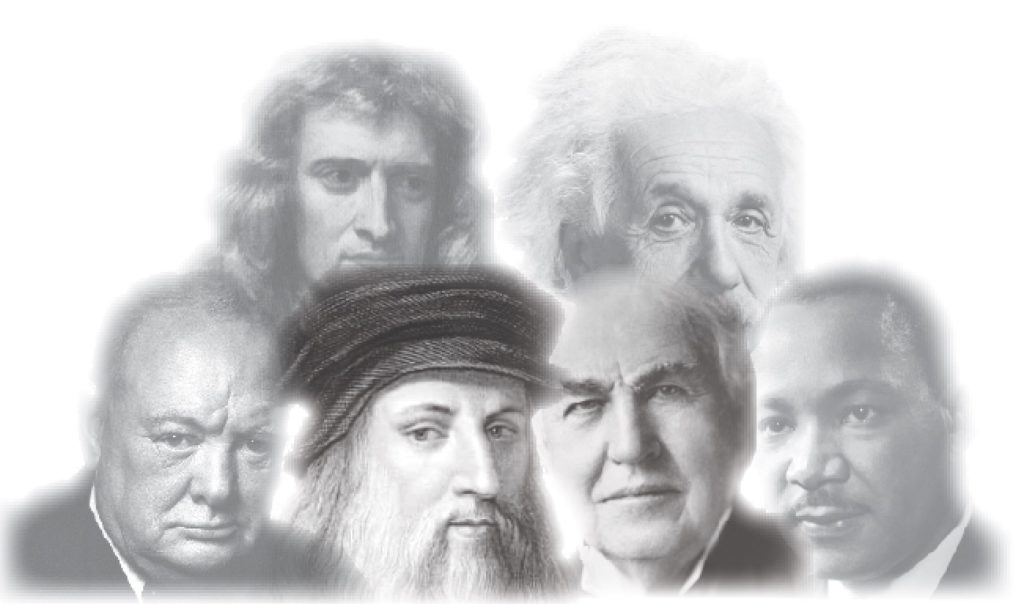
Perhaps the easiest way to gain insight into this question is to list those people whom we might regard as geniuses and then exam their IQ. However, IQ tests did not exist until the early 20th century and were not in widespread use until the mid-twentieth century. Consequently, we do not have IQ scores for recognized geniuses, such as Isaac Newton and Albert Einstein who came before IQ scores were in wide use.
Of course, we’ve heard estimates of Einstein’s IQ, but these estimates are based on his accomplishments that carry the implicit assumption that a high IQ is correlated to great accomplishments. While this assumption is probably correct, it represents circular reasoning unless other information is brought to bear.
We therefore have to look at the modern geniuses and look at their IQs. However, genius is not usually recognized until long after someone is dead, and people are not universally agreed on what living beings possess genius. So, acknowledging these caveats, I will proceed with a list of a few people whom we might agree to classify as modern geniuses and then look at their IQ, their GPA, or their SAT scores which are strongly correlated with IQ.
In mathematics, science and technology, we might choose Stephen Hawking, Steve Jobs, Ed Witten, Terrence Tao, Bill Gates, Larry Page, Sergey Brin, Jeff Bezos, Elon Musk and Sam Altman. In the field of investment, we might include Warren Buffet and Jim Simons. If you click on the links to these names, you will obtain a brief bio profiling that individual. In virtually all cases you will see that the individual demonstrated brilliance early and was perceived by their teachers to be gifted. These people scored high on IQ tests and/or SATs, enabling them to enter the most challenging courses in the best universities. They subsequently demonstrated their intellectual talent through their inventions, mathematical models or vision.
All of the individuals listed above are extremely hard workers and this seems to be a necessary condition for genius, but it is not sufficient. The fact that it is difficult to name a single genius who had average IQ suggests that a high IQ is a necessary, but not sufficient condition for genius. A high IQ must be paired with enough passion to engage a person relentlessly toward a goal.
However, if we expand the definition of genius to fields outside the STEM subjects, to include athletics, music or art, then a high IQ may play a smaller role in contributing to the epithet, “genius.” For example, Michael Jordan has been described as a “genius” on the basketball court, and Wayne Gretzky was credited for having a genius in knowing where the puck would be, and such talents may not require a high IQ. Similarly Pablo Picasso’s genius for art may or may not come with a high IQ. It would seem that in all fields of human accomplishment a high IQ is an important requirement, but in some fields it’s more important than in others. This suggests that there are very few geniuses of average IQ.
